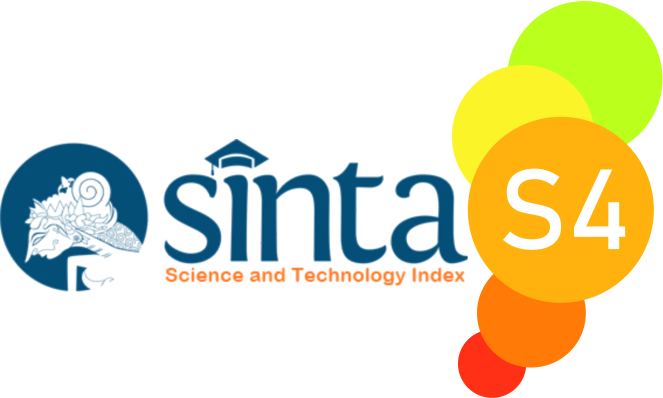WASTE MANAGEMENT KELUARGA PADA PENANAMAN KARAKTER PEDULI LINGKUNGAN ANAK USIA DINI
DOI:
https://doi.org/10.24903/jw.v5i2.527Abstract
This study aimed to determine the family waste management in the planting of environmental care characters for early childhood. The purpose of this study was to explore information about environmental care programs in Kitiran village, family waste management on the inculcation of early childhood environmental character care, and the impact of family waste management on inculcating character care for the environment of early childhood. The research approach used was qualitative descriptive study with the type of phenomenological research. The research subjects were parents who had early childhood, run a family waste management, and the residence is in Kitiran village. Sources of data used were parents who run family waste management, early childhood, public figures who are the originators of environmental care programs in Kitiran village. Data collection techniques used was purposive sampling which had taken by interviews, observation, and documentation. Data validity test used was source triangulation and technique triangulation. The data analysis technique used was interactive data analysis consisting of data collection, data reduction, data presentation, and drawing conclusions. The results showed that Kitiran village had an environmental care program that was integrated with all elements of the community including families waste management activities become routine activities for every family member of the Kitiran village including early childhood. Families there introduced and instilled the character of caring for the environment in children from an early age. Children in their daily lives were involved in every family waste management activity simply. The age of the child and the active role of different parents in the process of inculcating the character of the child's environmental care in waste management made understanding and actions of child waste management different.
This study aimed to determine the family waste management in the planting of environmental care characters for early childhood. The purpose of this study was to explore information about environmental care programs in Kitiran village, family waste management on the inculcation of early childhood environmental character care, and the impact of family waste management on inculcating character care for the environment of early childhood. The research approach used was qualitative descriptive study with the type of phenomenological research. The research subjects were parents who had early childhood, run a family waste management, and the residence is in Kitiran village. Sources of data used were parents who run family waste management, early childhood, public figures who are the originators of environmental care programs in Kitiran village. Data collection techniques used was purposive sampling which had taken by interviews, observation, and documentation. Data validity test used was source triangulation and technique triangulation. The data analysis technique used was interactive data analysis consisting of data collection, data reduction, data presentation, and drawing conclusions. The results showed that Kitiran village had an environmental care program that was integrated with all elements of the community including families waste management activities become routine activities for every family member of the Kitiran village including early childhood. Families there introduced and instilled the character of caring for the environment in children from an early age. Children in their daily lives were involved in every family waste management activity simply. The age of the child and the active role of different parents in the process of inculcating the character of the child's environmental care in waste management made understanding and actions of child waste management different.
Downloads
Published
How to Cite
Issue
Section
License
Authors retain copyright and grant the journal right of first publication with the work simultaneously licensed under a Creative Commons Attribution 4.0 International License that allows others to share the work with an acknowledgement of the work's authorship and initial publication in this journal.









